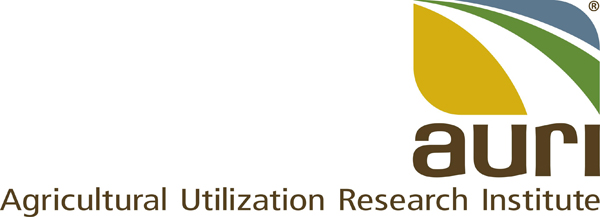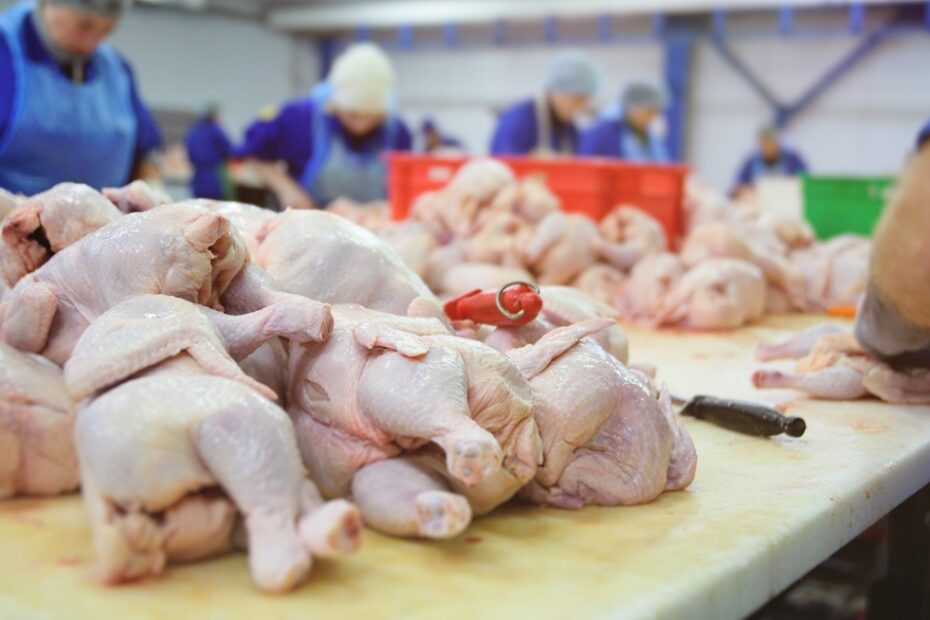AURI Hosts Free Webinar Series for Scaling Food Businesses
The Agricultural Utilization Research Institute (AURI) is hosting a two-part webinar series on strategies to improve Minnesota’s scalable food business infrastructure. Part 1 of the free event series is from Noon to 1 p.m. CT on Wednesday, Jan. 10, 2024, and is sponsored by Bremer Bank and Avisen Legal. Registration is now open, and media members are invited to attend. Accelerating business growth in the food space requires a comprehensive… Continue Reading AURI Hosts Free Webinar Series for Scaling Food Businesses





